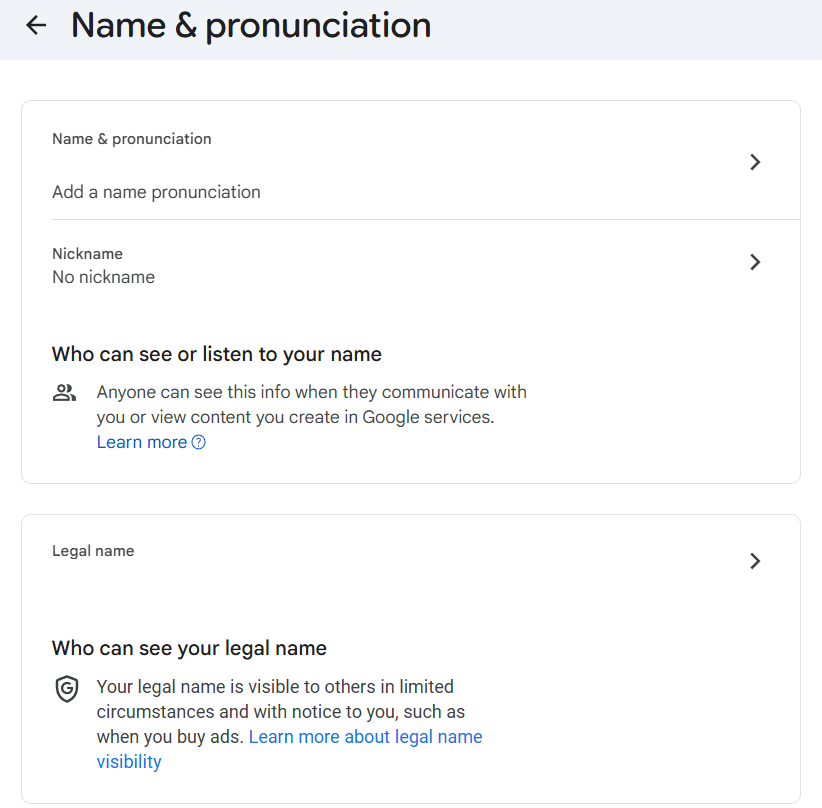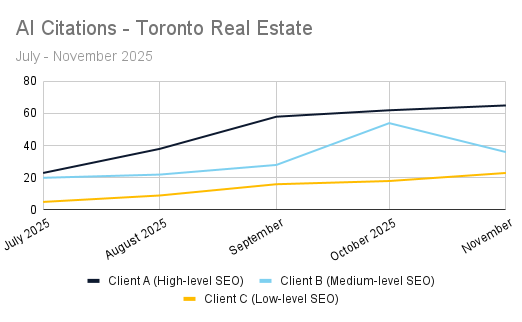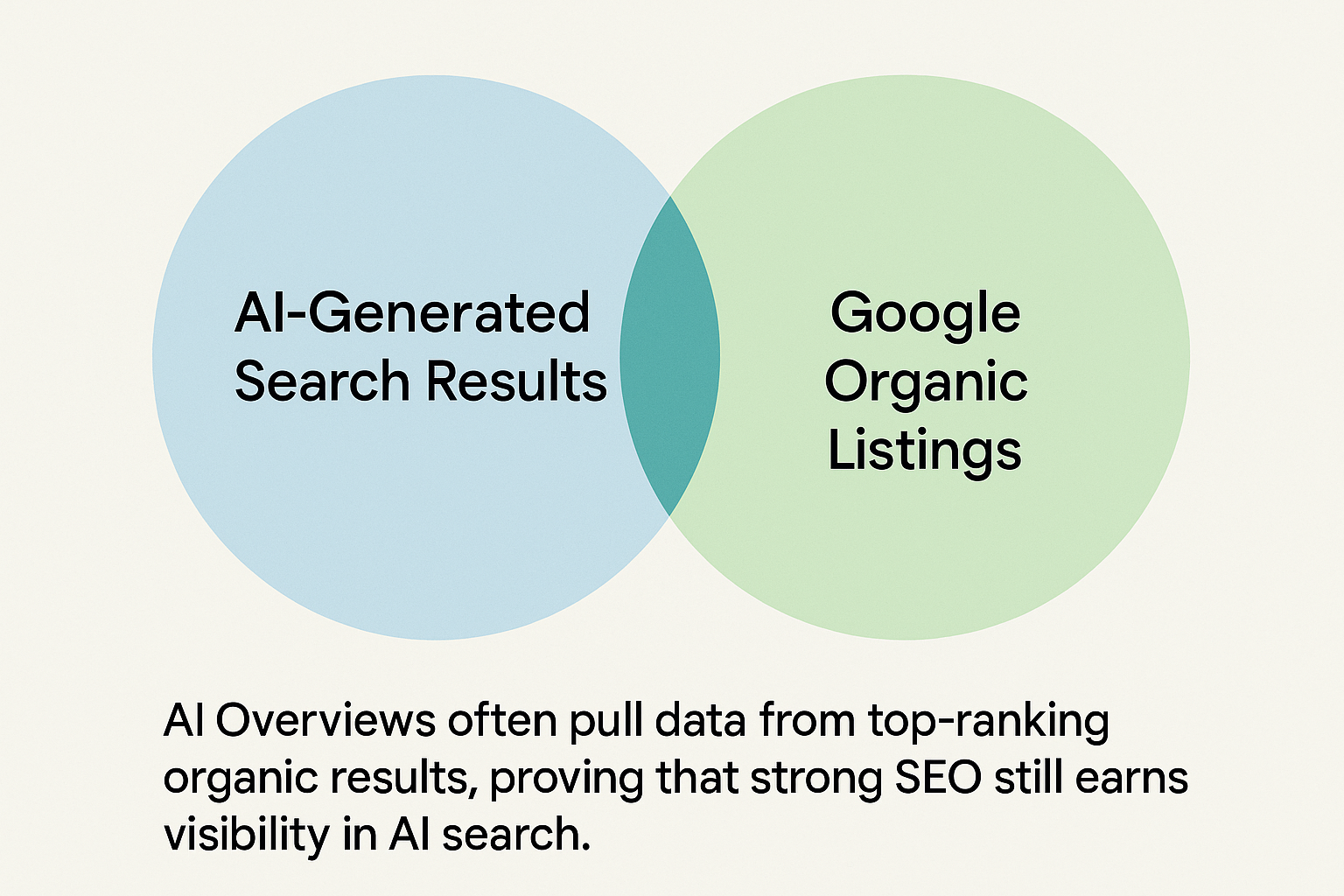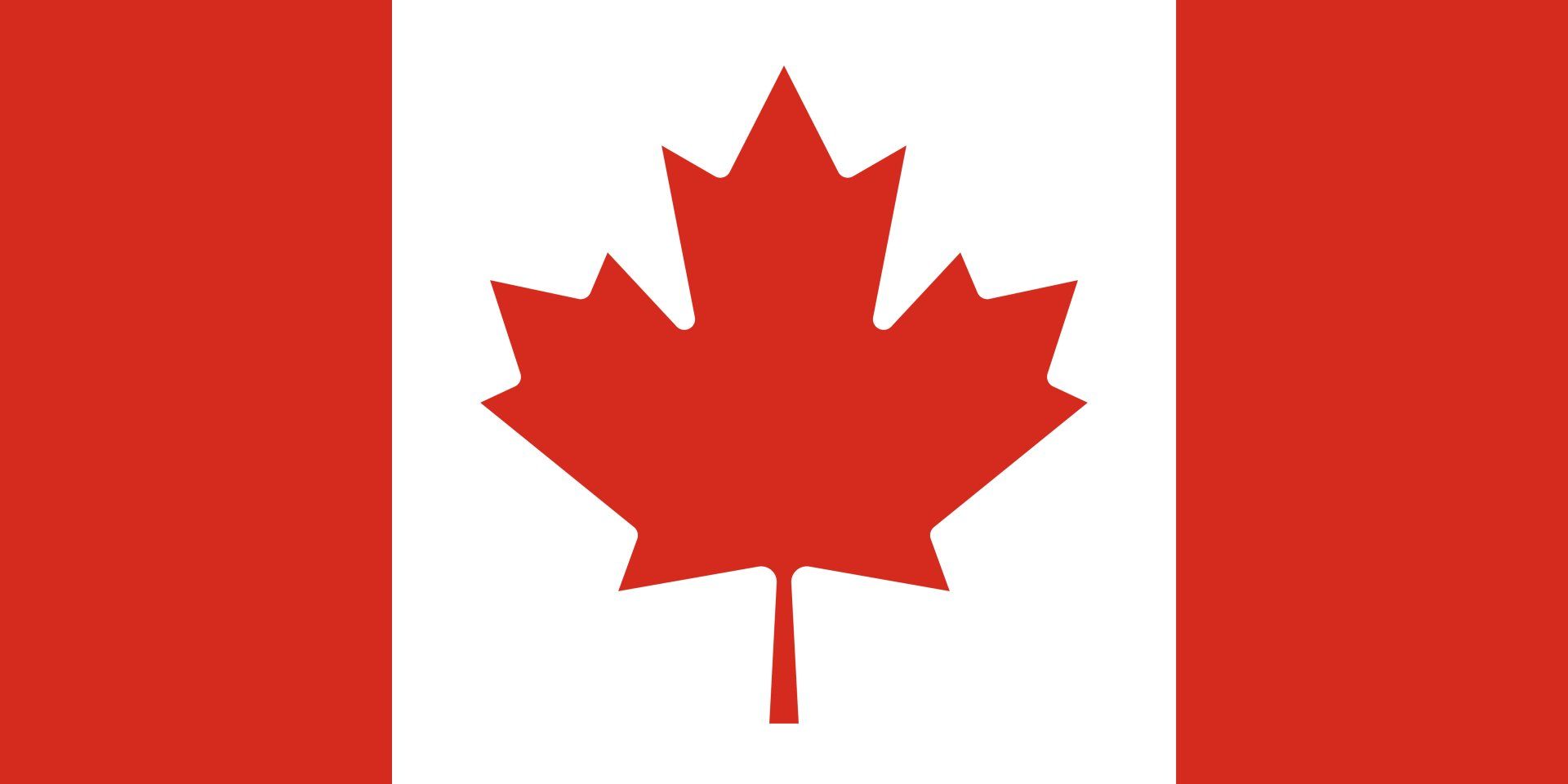Sales Funnels 101: The Basics, Best Practices, and More
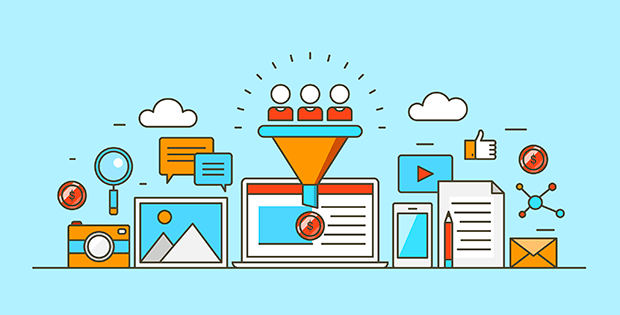
The way companies market their products to consumers has evolved dramatically over the years. The rapid growth of ecommerce has made customer experiences the focus today. And with increasing competition, first impressions and the customer journey are everything.
Integrated marketing isn’t a new idea, but it’s quickly become the go-to strategy for building marketing campaigns that focus on experiences.
So, how can companies create integrated marketing campaigns? The answer is the sales funnel.
This highly valuable marketing strategy isn’t just a fad. Sales funnels are the marketing models that streamline customer movement, optimize efficiency and visibility into marketing, and make personalization possible.
But what are sales funnels? And how can you use them to connect the different stages of the customer journey to create a unified marketing experience?
What Are Sales Funnels?
This process is the foundation of how marketing works. Sales funnels are the multi-step, modular process that demonstrates how to turn potential browsers into buyers. Ultimately, the goal of the sales funnel is to solve the customer's problem.
Sales funnels focus on achieving specific goals across all touchpoints for a specific marketing campaign. A sales funnel may include emails, blogs, paid ads, offer sheets, success stories, and other forms of content that appeal to customers progressing through the buyer’s journey.
Sales Funnel Stages: Defining the Buyer’s Journey
Sales funnels are often divided into distinct stages based on where a customer is at in their buyer’s journey.
The most common terms used include:
- Top of the funnel content. This is any content that is high-level and introductory. The goal of this content is to build awareness and generate interest.
- Middle of the funnel content. This content is more focused on specific aspects of your marketing campaign. It may go into more detail, but it isn’t a deep dive on a specific topic.
- Bottom of the funnel content. The final stage is specialized content that appeals to specific pain points or target customers that are interested in what you offer. It may discuss industry-specific problems, highlight key features, or convince a customer to convert through urgency and other tactics.
Now you understand the main stages of sales funnels. Next, let’s look at the key stages of the buyer’s journey.
Step 1: Awareness
This first step involves how potential customers come to know your product or company. Online, this may be the moment when visitors first arrive at your website or see your products and services in an ad.
Companies can build interest through email newsletter signups, ebook downloads, online quizzes, blogs, ads. Companies want to develop an enticing offer to draw customers in and appeal to their pain points.
The initial goal of the awareness stage is to show customers you exist and get them interested. Remember, context is everything. If your ad builds awareness and generates a click, your website should work to capture that lead for future marketing purposes.
Step 2: Interest
This stage is where lead magnets come in. Appealing to each potential customer’s specific needs and desires isn’t easy. A broad marketing strategy may build awareness without generating any interest.
Companies should focus on highlighting the value a product or service offers, and how it solves a customer’s problem. This strategy can come in the form of educational courses, unique guides, ebooks, email sequences, or other forms of marketing.
The goal of the interest stage is to intrigue your customers and draw them in.
By this point, your customer is already past the awareness stage. Re-marketing your pitch allows you to position yourself, create a new narrative, and drive customers towards the decision stage.
Step 3: Decision
Getting the customer to make a decision brings you that much closer to finalizing a sale. And sales are the goal of any business, right?
The decision stage is all about convincing customers that your product or service is essential—that they can’t live without it. You must use social proof, like reviews, testimonials, and news stories. Social proof is one of the easiest ways to differentiate your products and services, since it shows real customers are using them.
Other popular tactics in this step include the use of webinars, value adds, demos, and other conversion-focused strategies. These tools get consumers conditioned to saying yes and act as a method of lowering the barrier to entry.
For example, companies may waive shipping fees to get customers agreeing with reduced costs or offer discounts on an abandoned cart, or make customers feel pressured to act now.
The goal of the decision stage is to convince a customer that your product and service can solve their problems. It’s all about creating value and helping them overcome their pain points.
Step 4: Action and Conversion
If everything goes according to plan, the final stage is conversion.
Every marketing decision and strategy has led to this moment. Whether you are trying to achieve high quantities of one-time purchases or boosting customer loyalty, your sales funnel works to get customers to this final stage. Although step three plays a large part in conditioning customer behavior, step four solidifies all the work you have done.
Through seamless processing, you can guide the customer to finalize their purchase. These value-added features can include purchasing tabs on pages of interest, streamlined “add to cart” modules, and buying options on short-form media content. Having these shortcuts makes all the difference.
The goal of the conversion stage is to reaffirm your value and make converting as easy as possible. The easier it is to convert, the less likely your customers are to drop off and abandon the sale.
Why Sale Funnels Are So Important
Sales funnels take potential customers on a personalized journey that focuses on building awareness and awareness to drive decisions and conversions. It’s one of the easiest tools to demonstrate value.
Sales funnels provide you with a sequenced approach to marketing that makes it easy to understand the buyer’s journey, track performance, and make adjustments on the fly. And as you develop new content, you can enhance existing sales funnels to improve performance.
Here are a few reasons why sales funnels work so well:
Appeal to consumer psychology. Sales funnels transform marketing into short, actionable steps (mini-goals) for each stage. Using psychological research helps to keep customers focused on your brand, website, and the value you offer.- Optimization gets results. The goal is to keep customers engaged and encourage them to purchase. Innovation in marketing strategies at every level reveals where customers fall off and how to optimize further.
- Marketing is not one-size-fits-all. Sales funnels allow companies to track performance at each stage of the process. With isolated campaigns built around funnels, the process of trial and error allows the ability to test new marketing ideas, build-out, and more.
Sales Funnel Success: It’s All About the Strategy
Building sales funnels is relatively easy today, thanks to no-code and integrated marketing platforms like MAP. The real challenge is mapping out your strategy.
Companies need to analyze audience behavior at both micro and macro levels. This research involves examining customer behavior by monitoring site activity, engagement, building customer personas, and understanding how psychology impacts consumer trends and behavior.
It’s important to ask the important questions if you want to follow sales funnel best practices. Questions like:
- How do your customers flow through a sales funnel?
- How do they approach products and services in your industry?
- What are their main pain points?
- What additional value can you offer?
- How can you help them progress through each stage?
Really take the time to think about how your content flows and the narrative you’re building.
Today, fully integrated digital marketing experiences are the norm. Staying competitive means adapting to customer expectations and creating exceptional experiences. Sales funnels put the customer experience on focus by mapping out the customer journey from start to finish.
Market. Advertise. Promote: Achieve a Complete Digital Marketing Experience
At Conscious Commerce Corporation, you get award-winning marketing expertise and a dedicated full-service marketing approach that works to empower your company’s digital marketing campaigns.
Are you looking to modernize your customer experience? We can help you build specialized sales funnels that build awareness and guide your customers through the buyer’s journey.
Start driving more value out of your marketing campaigns with strategies that are experience-driven. Get in touch with one of our PALs today.
Get in touch with one of our marketing agency partners for a
complimentary consultation and discuss how Conscious Commerce Corporation can build a fully-integrated marketing strategy that funnels customers straight to you.



